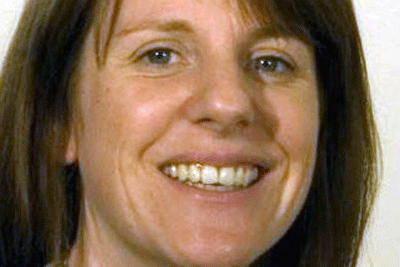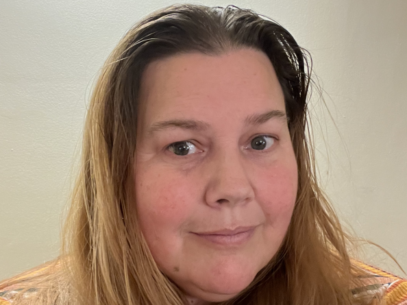19 September 2018
By Isabel Vanderheeren, Transformation Lead, Children’s Services Walsall Metropolitan Borough Council
To us in Walsall, Restorative Practice means strengthening relationships between people as well as strengthening social connections within communities. It focuses on building relationship with children, young people and their families and connecting with the communities in which they live. We think this will help us to better understand their needs, ensure we are empowering them to make positive changes and enable them to secure sustainable outcomes. So we are committed to embed restorative practice as a fundamental part of our transformation programme. It is a common-sense approach.

To ensure we will stay on course we have set out a number of principles:
Taking a system-wide, asset-based approach
Our transformation programme is not just social care-focused but works across all of children’s services in Walsall.
Moving away from over-reliance on processes and compliance
That means moving from a culture focused on the problematic (ie assessing need). Instead we are investing to create a stable confident workforce who are able to effectively manage uncertainty and risk and identify people’s strengths and build on them to secure change and build resilience.
Creating locality based teams
This isn’t just about moving the furniture, but a relentless focus on connecting practitioners, where it makes sense to do so, with communities and local resources.
Co-producing the transformation journey
This means co-production with our key stakeholders including children, young people and families. To achieve this we having to reshape our relationship with them to ensure that it is based on high support, high challenge.
Learning from asset-based innovations and transformations elsewhere
We want to develop a whole-system approach that has a strong evidence base. In particular the importance of whole family/community based support, focusing on relationships, and striving towards evidence based decision making across the organisation.
So, we have concluded an asset-based approach is common sense, but not always common. We acknowledge that this will require lots of energy and courage, but is absolutely the most important change needed to get it right for our children.



